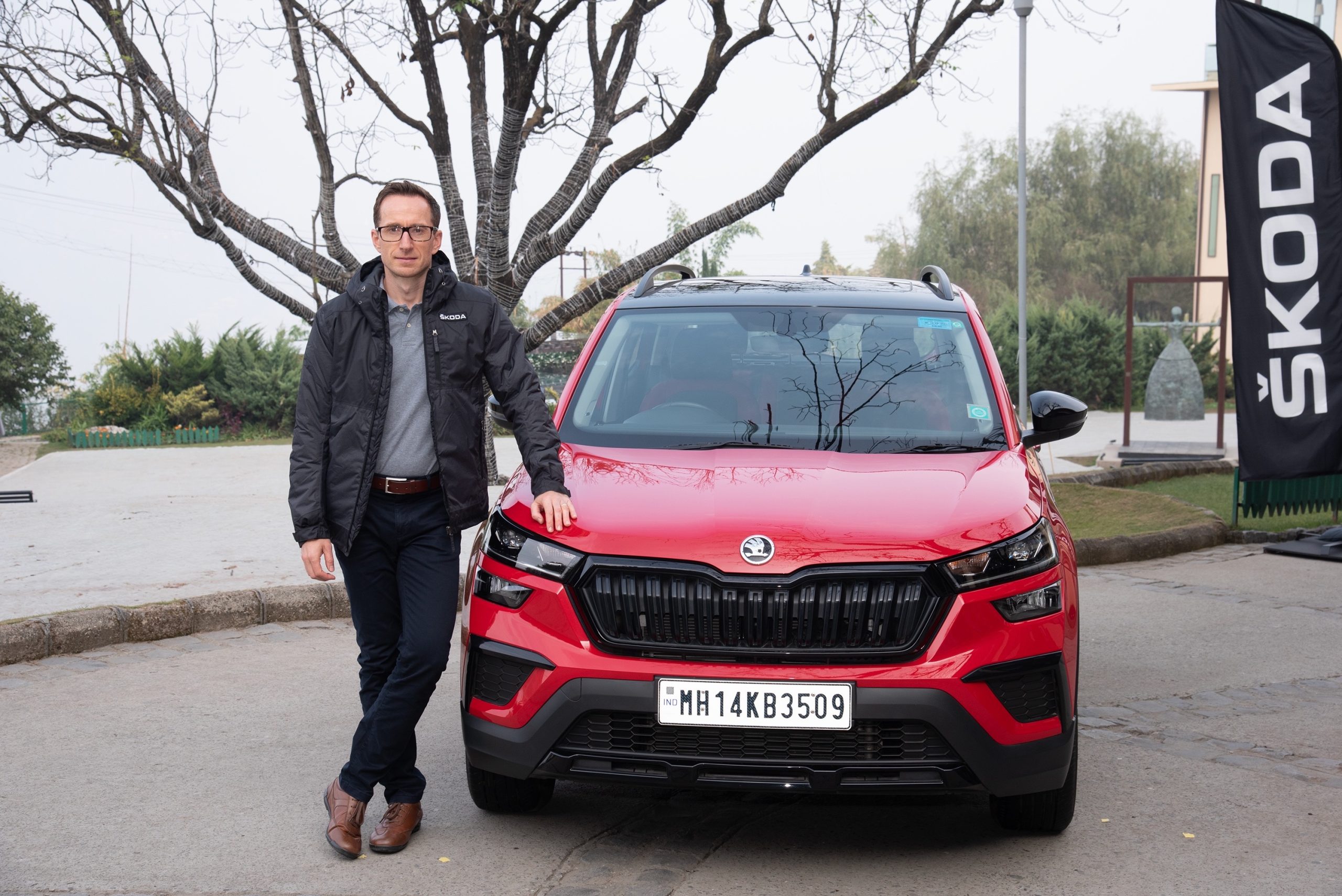Mumbai: A study was conducted among customers to gauge their feature preferences, when it comes to choosing a personal car. The survey was commissioned by Škoda Auto India and conducted by NIQ BASES. It revealed a heavy inclination among customers towards the safety features of the car with 9 out of 10 customers who thought all cars in India should have a safety rating. Crash-ratings and number of airbags were the top two features driving the consumer car purchase decision as derived from the survey results. Fuel-efficiency, one of the popular features, occupied third place.
About 67% of the respondents consisted of current car owners who owned a car above Rs 5 lakh. Some 33% did not own a car, but intended to purchase one above Rs 5 lakh within a year. The survey was conducted on individuals between 18 and 54 years of age in the SEC A and B bracket, with 80% respondents being male, and 20% female.
The car’s crash rating was the top driver of customer car purchase decision with an importance score of 22.3% followed by number of airbags with an importance score of 21.6%. Fuel efficiency emerged as the third most important driver with importance score of 15.0% when purchasing a car.
When it comes to crash rating for cars, maximum customer preference of 22.2% was observed for a 5-star rating followed closely by 21.3% preference for a 4-star rating. Crash rating of zero is the least preferred with only 6.8% score.
While the awareness about existence of 2 sets of 5-star safety ratings on crash tests is high at about 76%, only about 30% of all customers in India identify child/rear occupants safety rating as being one of those two sets.
Petr Šolc, Brand Director, Škoda Auto India, said, “For us at Škoda, safety is part of our DNA and it is our philosophy to build safe cars. We have an over 50-year legacy with crash-tests and safety. And since 2008, every Škoda car has been crash-tested globally, and in India, with a 5-star safety rating. The survey reveals Škoda to be perceived as among the top-3 brands having models with high safety ratings. With India’s rapidly growing infrastructure, and the upcoming proposals for India’s own crash-testing standards, it is heartening to see consumers being aware of and demanding safety. This is the right way forward. And Škoda will continue focusing on these values to grow the brand in the Indian market.”
Amrita Srivastava, Regional Director (APMEA),BASES Speciality Sales, NIQ BASES, “The survey, which was done using NIQ BASES solution – FPO (Feature Price Optimiser) based on discrete choice methodology, revealed that the customer places the safety feature of ‘Crash Rating‘ among the tested features(1), at the forefront of their purchasing criteria. Our Feature Price Optimiser (FPO) leverages customer choices to understand their purchase behavior and trade-offs that they are willing to make. The survey covered 1,000 people in 10 states across India. The states covered were Tamil Nadu, Karnataka, Andhra Pradesh/Telangana, Rajasthan, Maharashtra, Gujarat, Delhi, West Bengal and Uttar Pradesh.”
Alejandro Furas, Secretary General Global NCAP, “Since 2014 Global NCAP has been encouraging a market shift in India for safer cars. We have been delighted with the positive response from consumers and the impact this has had on accelerating automaker safety design improvements. This recent survey demonstrates that consumers see safety as a priority in making a purchasing decision. A strong market indicator that safety sells cars as well as saving lives.”
With a major focus on safety from the Government of India and other regulators, the study was conducted to gauge the perception of safety in cars among consumers. The survey went about tracking the features which were the most discriminating in driving consumer choice. And the position of safety in this list of features. The interview flow consisted of screening questions, followed by an explanation of features and a virtual shopping exercise where customers were asked to pick and choose the most preferred concept consisting of different features The survey also had few additional questions on which direct customer responses were captured to understand their awareness/sentiments on some safety related aspects/initiatives.


